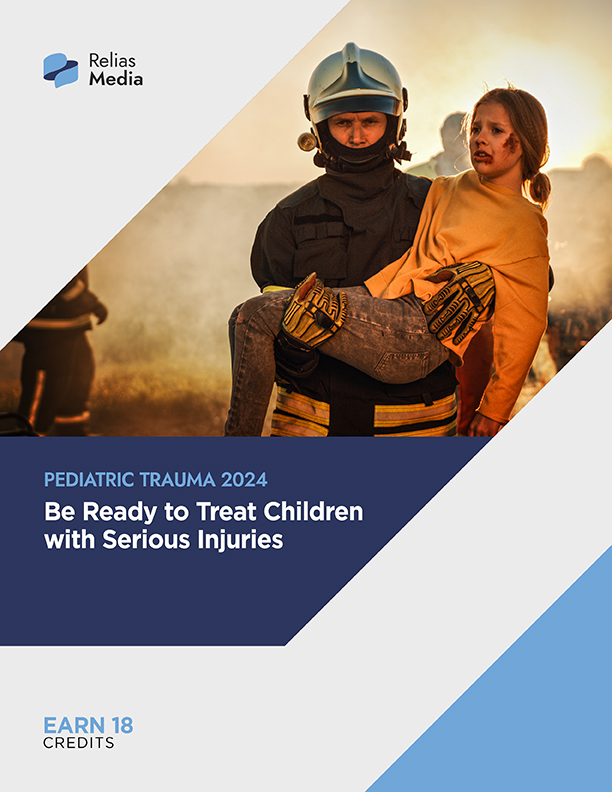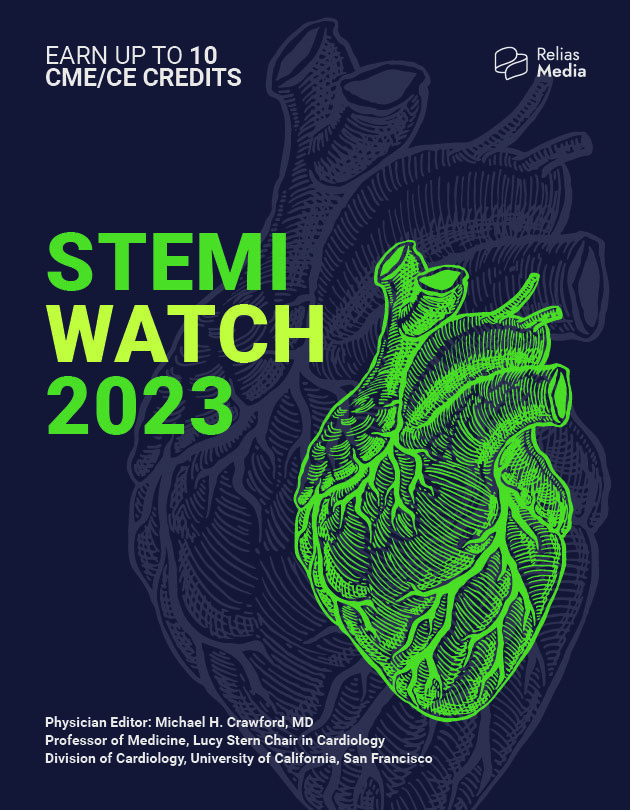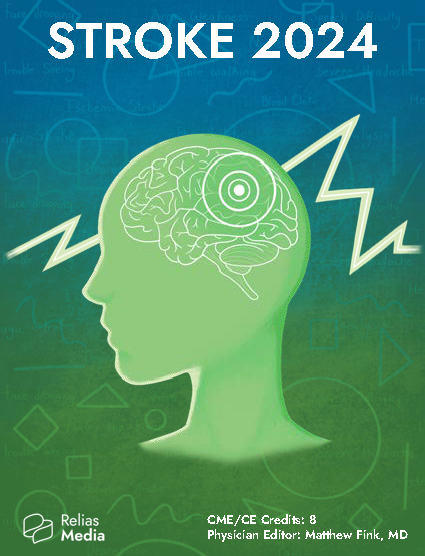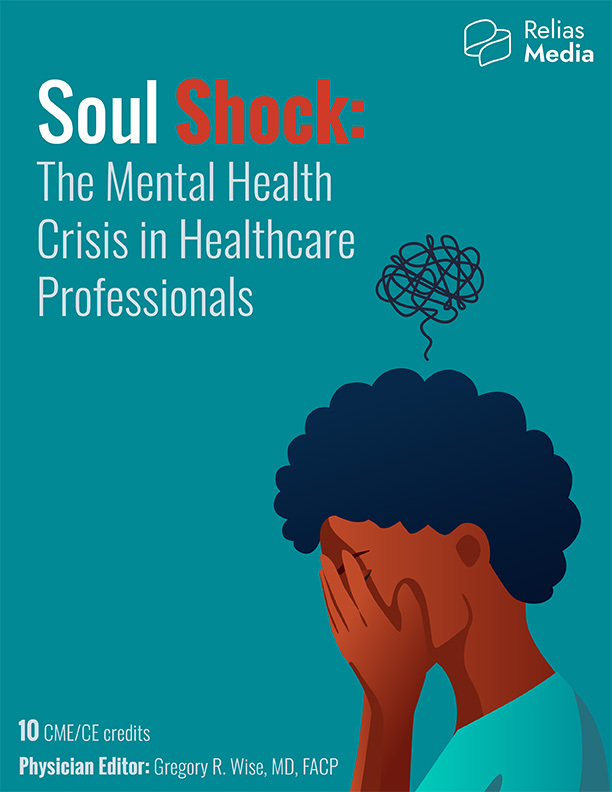Browse by Speciality Area
All Access Subscription
Get unlimited access to our full publication and article library.
Get Access NowInterested in Group Sales? Learn more
Award-Winning, Accredited Continuing Education

Stay up-to-date on your CME/CE while keeping yourself and your patients safe.
Editor Picks
In just the first three months of this year, there were already more confirmed measles cases in the United States than in all of 2023, according to the Centers for Disease Control and Prevention (CDC).

From The Blog
Our Publications
Emergency Medicine
Our emergency medicine publications offer the latest in pediatric trauma, emergency department management, and more. Plus, with our growing library, you'll gain coverage on dedicated topics alongside LLSA prep with ACEP Category credits included.
Hospital Management
Explore the issues inside our hospital management library. Topics include hospital risk management, EMTALA regulations, and case management skills. Publications provide ANCC, CCMC, and California Board of Registered Nursing credits.
Clinical Medicine
Issues within our clinical medicine publications stay on the pulse of integrative medicine, primary care, women's health, and beyond while offering ACCME, ABIM MOC points, AOA Category 2-B credits, and AAFP CME.
Books & Study Guides

Pediatric Trauma 2024: Be Ready to Treat Children with Serious Injuries

STEMI Watch 2023

Stroke 2024: Advancing Therapy, Improving Outcomes


